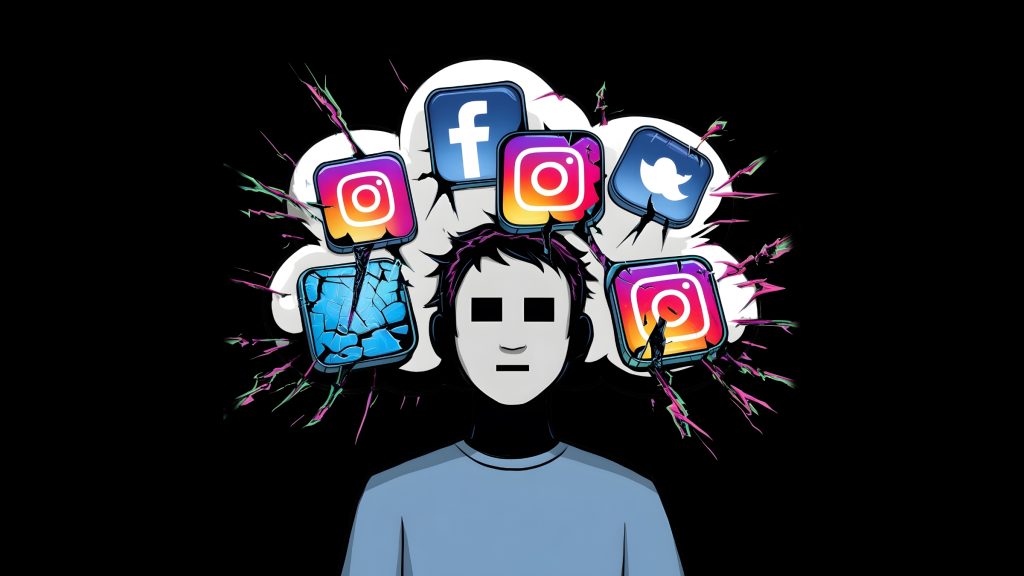
What began as a space for connection, turned into a stage where the social media authenticity illusion hides performances blurring the line between real life and digital fiction.
With every scroll, a carefully edited version of life, wrapped in filters and framed with likes is seen and thought to be true. What you see isn’t always what you get, it’s just a performance masked as authenticity in social media.
Authenticity of social media influencers shifted throughout time and how they create and engage with our lives has made no room for social media authenticity in the online world – or the real world for that matter. And there’s nowhere more proof of that reality than in the growing world of authentic social media content.
Platform for Millions
Long before Instagram existed, people cared about their appearances. As sociologist Erving Goffman, who wrote The Presentation of Self in Everyday Life, said, “We have then, a basic social coin with awe on one side and shame on the other.”
In layman terms, we show the good in us to cover the rest, and now, with the non-existent authenticity on social media, the pressure to perform has only grown. We’re not just sharing with our friends anymore we’re on stage with and for millions of strangers.
But is the human factor at fault? Has any lack of authenticity in social media been led by the human touch? What if AI was at the control from the get-go, beginning with regulations, regulating deepfakes, and taming cyberbullying? Would users have built a better, safer world? Or would the algorithms have sent us even further down the game of performance?
Does Social Media Represent Individuals Authentically
Social media started out as a tool to connect people, thought to thought through intellectual property. But somewhere along the way, we invented identities, sought validation, and created illusions. The very human need to be seen and accepted may have led to users being authentic on social media here to this place of filters, disguises, and digital masks.
The irony is that as we shake with terror at the thought of AI taking over the internet, but it was human fingers that typed the emotional manipulation that defines modern social platforms. The pressure to deliver, the fake intimacy, the edited images, all these are deep human insecurities, not machines.
Would a social media world guided by AI from the beginning eliminate poisonous trends, shut down poisonous comparisons, and honor real connection over going viral? Would it be better? Or will AI, observing human behavior, simply learn to imitate humans’ worst behaviors?
In the end, maybe it’s not a human vs AI Kind of thing, but realizing that the future of social media authenticity will be defined by how honest we’re willing to get with ourselves and with each other.
“Nothing on social media is real.”
Inside Telecom provides you with an extensive list of content covering all aspects of the tech industry. Keep an eye on our Tech sections to stay informed and up-to-date with our daily articles.